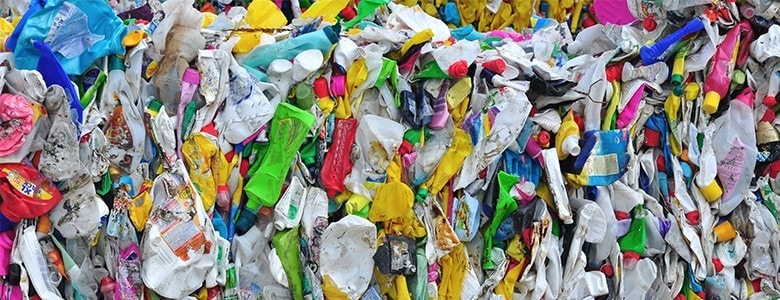

There’s no escaping it. Plastic poses a serious threat to the environment, and the catering industry has run on the stuff for decades. When it was invented around a 100 years ago, it was hailed as a miracle of the modern age. Here was a versatile material that revolutionised production processes, helping meet an increasing global demand for convenience and affordability.
Today, it’s everywhere. Look around your kitchen. Plastic is probably an essential part of your takeaway offering. The trays of plastic cutlery; the stack of takeaway doggy bags. And it’s lurking in out-of-sight places, too. Those so called ‘cardboard’ cups you use for hot tea or coffee? They’re lined with an invisible film of plastic to stop the liquid from soaking through and ending up on your customers’ clothes.
But now we know that the planet is paying a huge price for our throwaway culture. Far from being convenient, plastic is a big problem because it doesn’t degrade.



But there’s a shining light at the end of the tunnel. As one of the world’s biggest food product suppliers, we at Unilever are taking our responsibility to tackle this problem seriously and driving for global change at the same time. We have been working with some exceptionally clever scientists to come up with a solution.

Thanks to a pioneering – but surprisingly simple – circular process, PET plastic (a more easy-to-pronounce name for the less-catchy Polyethylene Terepthalate), one of our most commonly used plastics for packaging is now being fully recycled.
Simply put, it means that when you throw away a Hellmann’s bottle, the PET molecules are broken down to their raw state, processed and then turned back into another Hellman’s bottle. Or course, it could have a whole new life as a ketchup bottle – the opportunities are limitless. By 2025, Unilever plans to recycle 100% of their plastic this way.
* Figure from a 2016 study with Unilever partner the Ellen MacArthur Foundation, the World Economic Forum and McKinsey and Company.
